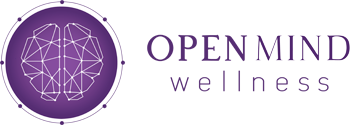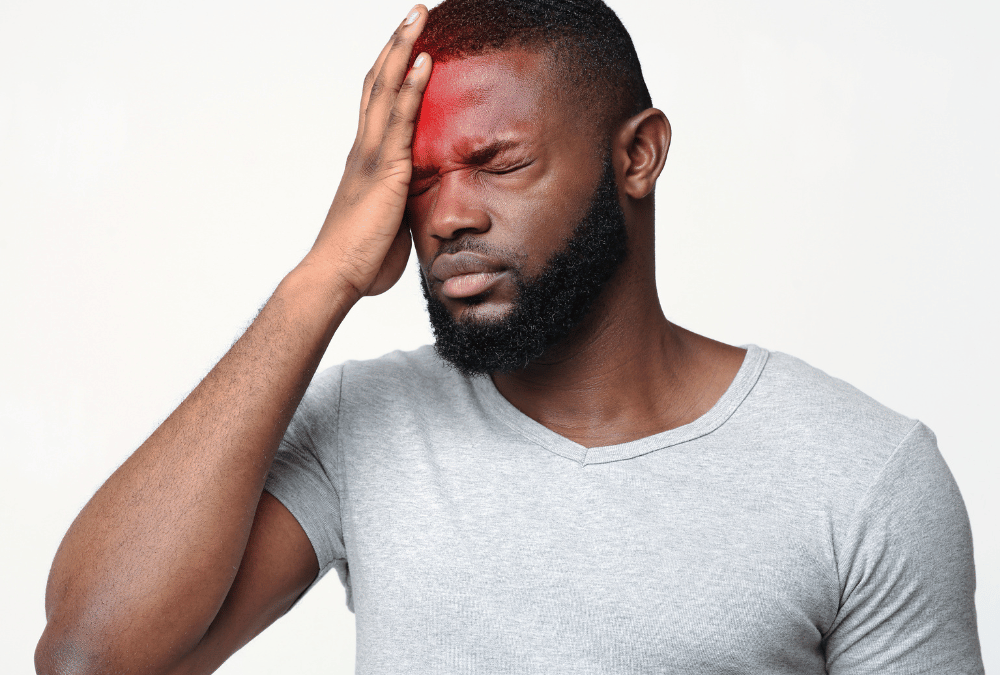NeurOptimal Neurofeedback for Concussion Recovery
Concussions, often referred to as mild traumatic brain injuries (mTBIs), are a common consequence of accidents, sports-related injuries, and other head trauma. While most concussions heal naturally, some individuals experience persistent symptoms, such as headaches, cognitive impairment, and emotional disturbances. NeurOptimal neurofeedback is emerging as a valuable tool in the journey to recovery from concussions, helping individuals regain cognitive and emotional well-being. In this blog post, we’ll explore how NeurOptimal neurofeedback can support and expedite concussion recovery.
Understanding Concussions
Concussions result from a sudden blow or jolt to the head or body, causing the brain to move rapidly inside the skull. This movement can lead to damage to brain cells, chemical imbalances, and a range of symptoms, including:
1. Headaches
2. Dizziness
3. Cognitive impairments
4. Memory problems
5. Mood disturbances
6. Sleep disturbances
While most concussions resolve within days to weeks, some individuals experience post-concussion syndrome (PCS), in which symptoms persist for an extended period, sometimes even months or years. Conventional treatments for PCS mainly focus on symptom management and rehabilitation. NeurOptimal neurofeedback offers a complementary and promising approach to addressing the underlying neurological factors contributing to these symptoms.
What Is NeurOptimal Neurofeedback?
NeurOptimal neurofeedback is a non-invasive brain-training technique designed to optimize brain function by providing real-time feedback on its own activity. It operates on the principles of “dynamic neurofeedback,” emphasizing its non-linear, non-targeted approach:
1. Electrodes are placed on the scalp to record the brain’s electrical activity (EEG).
2. The EEG data is processed in real-time by the NeurOptimal system.
3. Auditory feedback in the form of music or sounds is provided during a training session.
4. The feedback is non-invasive and non-instructive, meaning it doesn’t direct the brain but simply informs it of its current state.
How NeurOptimal Can Help with Concussion Recovery
1. Brain Self-Regulation: Concussions can disrupt the brain’s natural regulatory mechanisms, causing various cognitive and emotional disturbances. NeurOptimal neurofeedback helps the brain regain its self-regulation capacity by providing real-time feedback. This can lead to improved cognitive function and emotional stability.
2. Neural Plasticity: The brain has an incredible capacity for adaptation and recovery. NeurOptimal facilitates natural regulation, enabling the brain to reorganize itself and compensate for damage caused by the concussion.
3. Symptom Management: NeurOptimal can assist the brain in improving symptoms associated with concussions, such as headaches, cognitive impairments, and emotional disturbances. Users often report a reduction in the intensity and frequency of these symptoms.
4. Sleep Improvement: Sleep is crucial for concussion recovery, as it allows the brain to heal. NeurOptimal can help individuals with concussions improve their sleep patterns, aiding in the recovery process.
5. Stress Reduction: Concussions often lead to increased stress and anxiety. NeurOptimal neurofeedback can help the brain reduce stress levels and improve emotional resilience, allowing individuals to better manage the psychological impact of their injury.
Conclusion
NeurOptimal neurofeedback is a promising tool for concussion recovery, offering a non-invasive, drug-free, and individualized approach to addressing the underlying neurological factors contributing to post-concussion symptoms. While it may not replace other aspects of concussion management, such as medical evaluation or physical rehabilitation, NeurOptimal can be a valuable addition to a comprehensive treatment plan. As with any wellness intervention, it’s essential to consult with healthcare professionals to determine the most appropriate course of action for your specific needs. NeurOptimal neurofeedback may be the key to helping individuals recover from concussions more effectively and regain their cognitive and emotional well-being.


Recent Comments